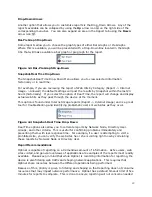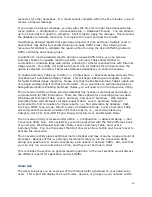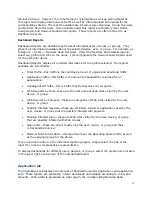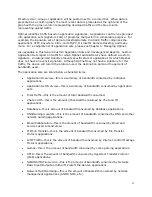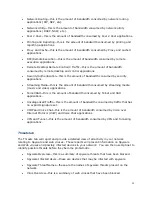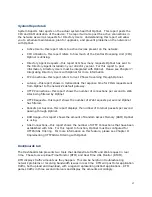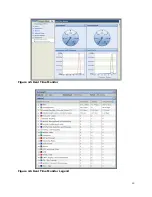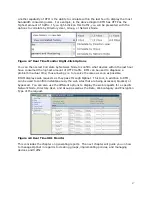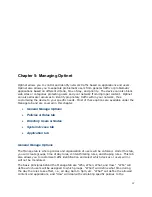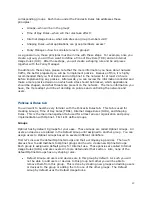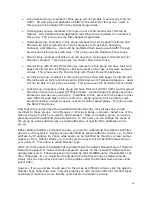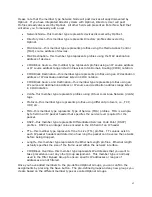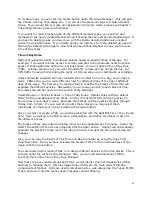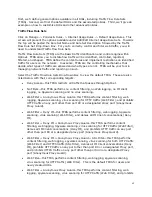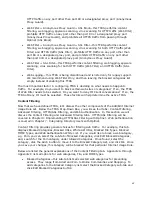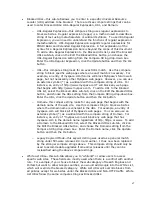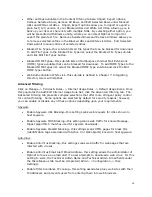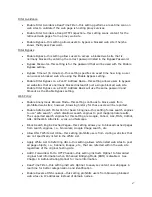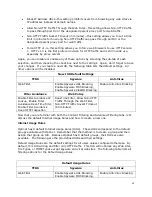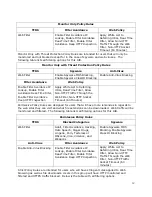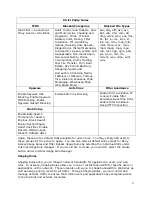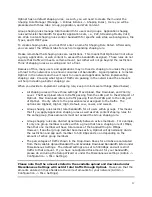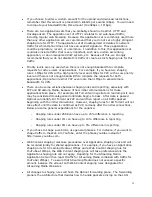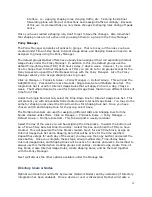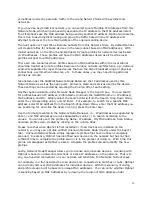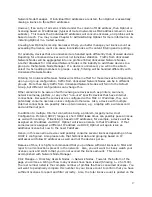
43
First, we’ll define general options available in all IURs, including Traffic Flow Rule Sets
(TFRS). Second, we’ll list the default IURs and the associated policies. Third, we’ll give an
example on how to customize IURs and other advanced policies.
Traffic Flow Rule Sets
Click on Manage -> Policies & Rules -> Internet Usage Rules -> Default Usage Rules. This
screen will present the options available under Add/Edit Internet Usage Rule Sets. Towards
the top will be posted the Rule Set Name and Rule Set Description followed by the Traffic
Flow Rule Set Drop-Down Box. For you to correctly control and filter web traffic, you will
need to understand Traffic Flow Rule Sets.
Traffic Flow Rule Sets (TFRS) are the basic traffic identification and control engine within
Optinet. TFRS allow you to dictate how traffic will be identified, controlled, reported,
filtered, and shaped. TFRS define the content rules and implement restrictions on identified
traffic for users on the network. In essence, TFRS are the controlling mechanisms that
decide what types of traffic are allowed and what types are not. TFRS will be your tool in
managing network traffic and reporting on such.
Select the Traffic Flow Rule Sets Drop-Down Box to view the default TFRS. These are also
listed below with their corresponding targets.
•
Deny Access—this TFRS restricts all traffic that passes through Optinet.
•
No Filters—this TFRS performs no content filtering, no Web logging, no IM client
logging, no Spyware scanning and no virus scanning.
•
Web Anonymous Proxy Guard—this TFRS performs content filtering, web
logging, Spyware scanning, virus scanning for HTTP traffic (Web Filter), and prohibits
HTTP traffic on any port other than port 80 or a designated proxy port (Anonymous
Proxy Guard).
•
Web Deny IM—this TFRS performs content filtering, web logging, Spyware
scanning, virus scanning (Web Filter), and denies all IM Client conversations (Deny
IM).
•
Web Deny IM + Anonymous Proxy Guard—this TFRS performs content
filtering, web logging, Spyware scanning, virus scanning for HTTP traffic (Web Filter),
denies all IM Client conversations (Deny IM), and prohibits HTTP traffic on any port
other than port 80 or a designated proxy port (Anonymous Proxy Guard).
•
Web Deny IM + Anonymous Proxy Guard + SSL Filter—this TFRS performs
content filtering, web logging, spyware scanning, virus scanning for both HTTP traffic
(Web Filter) and HTTPS traffic (SSL Filter), denies all IM Client conversations (Deny
IM), prohibits HTTP traffic on any port other than port 80 or a designated Proxy port,
and prohibits HTTPS traffic on any port other than port 443 or a designated Proxy
port (Anonymous Proxy Guard).
•
Web Filter—this TFRS performs content filtering, web logging, spyware scanning,
virus scanning for HTTP traffic (Web Filter). This is the default TFRS for users and
newly created IURs.
•
Web Anonymous Proxy Guard—this TFRS performs content filtering, web
logging, spyware scanning, virus scanning for HTTP traffic (Web Filter), and prohibits

